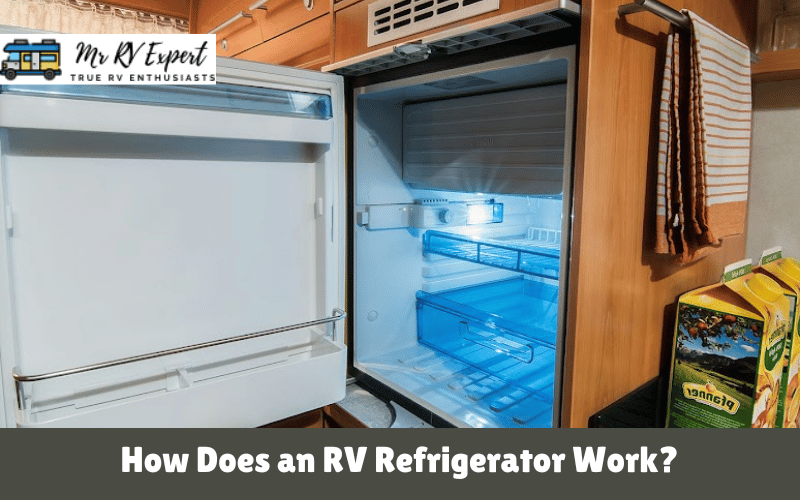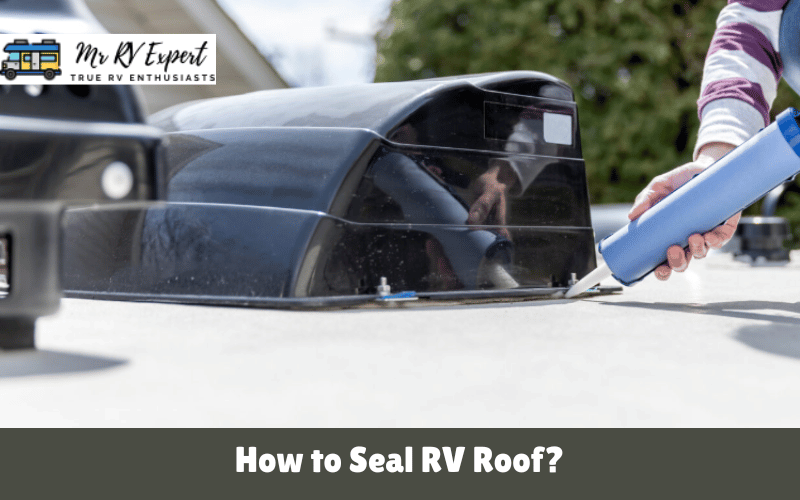It’s important to prepare your RV for cold weather, even if you only plan to use it for a single night. Cold temperatures like -20F to -30F can damage some components and cause other problems. For example, plastic components can become brittle in extremely cold temperatures. You’ll need to use extra caution when handling plastic components inside your RV.
Besides freezing the batteries, extreme cold can damage the pipes in your RV. You may need to boil or run your water through a filtration system to keep it safe from freezing. You should also make sure that your RV is fully charged. You can do this by installing an additional battery or two. Batteries that are fully charged are less likely to freeze during sub-zero weather. It’s also a good idea to store them inside the RV during cold weather.
Keeping your RV’s roof protected is another important RV maintenance tip. Ice and condensation can cause major problems to your roof and RV interior. It can also cause cracks and degrade sealant around your RV’s slide-outs. Fortunately, there are ways to prevent condensation and ensure your RV will remain in good condition for years to come. Here’s how you can stay in cold climates:
Staying in cold conditions
In order to stay comfortable in your RV even in the coldest temperatures, you should insulate the walls of your RV or invest in winterized solutions. Also, remember to pack plenty of warm clothes and extra blankets. If you pack properly, you should be able to stay comfortably down to 0°F. Although you can survive at negative temperatures, you must consider the safety factor.
You can keep your RV comfortable by applying reflective insulation. This can help to keep your RV warm during the winter and cool during the summer. You can also cut reflective insulation to fit the size and shape of your RV. This will help keep the temperature consistent throughout the RV. This way, you won’t have to worry about the condensation on the windows and can keep your RV comfortable even in the coldest weather.
You can also keep yourself warm by wearing layers of warm clothes. Even if you’re an outdoor enthusiast, you can get frostbite or hypothermia if you’re exposed to extreme cold. In addition, it’s vital to keep your hands and feet warm with hand warmers and foot warmers. Additionally, sleeping bags and extra blankets can help keep you warm and cozy. Electric blankets and heating pads can also be handy.
Conclusion
As long as you prepare properly, RVing is possible all year round. If you’re prepared, it can be a great way to explore popular ski resorts and enjoy the outdoors in the cold months. Just make sure that you have the right gear and are aware of the cold weather conditions in your area.









